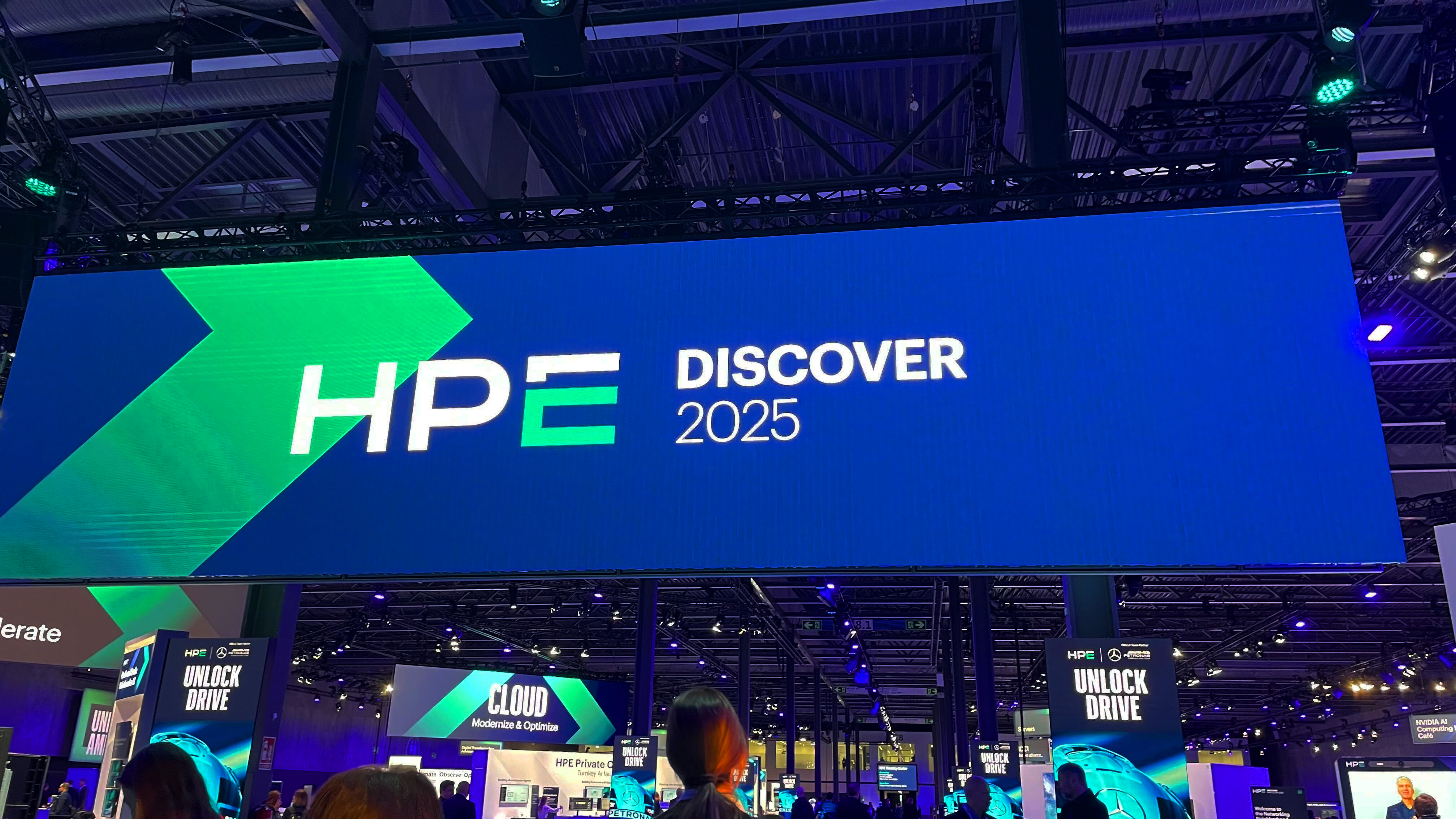Researchers outline real-time search engine plans
Glasgow university computer scientists want to give city dwellers access to a real-time information source by 2014.


University of Glasgow computer scientists are developing a search engine that will give people real-time information about the city they are in.
The European-funded project, known as SMART, intends to develop and apply a system to allow users to search and analyse data from designated sensors.
Standard search engines, such as Google and Bing, are unable to answer search queries of this type.
By matching search queries with information from physical sensors across a city and cross-referencing data from social networks, such as Twitter, users will receive detailed responses to questions they ask.
The engine intends to help users find events that friends have been to and ascertain how busy a city centre is.
The researchers said that standard search engines, such as Google and Bing, are unable to answer search queries of this type.
The SMART project will be built upon an open-source search engine technology called Terrier, which has been under development at the university since 2004.
Sign up today and you will receive a free copy of our Future Focus 2025 report - the leading guidance on AI, cybersecurity and other IT challenges as per 700+ senior executives
Dr Iadh Ounis from the University of Glasgow's School of Computing Science, said the search engine would answer high-level queries by automatically identifying cameras, microphones and other sensors.
The results will then be created based on the feedback given by these distributed sources in an intelligent way.
"SMART builds upon the existing concept of smart cities'; physical spaces which are covered in an array of intelligent sensors that communicate with each other and can be searched for information," said Dr. Ounis.
The search results sourced from these smart cities could be reused across multiple applications, he added, to make them more effective.
The University of Glasgow has been working on the project alongside nine other partners.
They include Atos, Athens Information Technology, IBM's Haifa Research Lab, Imperial College London, the City of Santander, PRISA Digital, Telesto and Consorzio S3 Log.
Ounis said he expects to test the system out in a real city before 2014.
Rene Millman is a freelance writer and broadcaster who covers cybersecurity, AI, IoT, and the cloud. He also works as a contributing analyst at GigaOm and has previously worked as an analyst for Gartner covering the infrastructure market. He has made numerous television appearances to give his views and expertise on technology trends and companies that affect and shape our lives. You can follow Rene Millman on Twitter.
-
 Researchers claim Salt Typhoon masterminds learned their trade at Cisco Network Academy
Researchers claim Salt Typhoon masterminds learned their trade at Cisco Network AcademyNews The Salt Typhoon hacker group has targeted telecoms operators and US National Guard networks in recent years
-
 HPE says unified channel strategy won't force Juniper partners to generalize
HPE says unified channel strategy won't force Juniper partners to generalizeNews Does the company embrace specialists or want a full portfolio push? The answer, it seems, is both
-
 Rishi Sunak: UK must protect tech secrets from hostile state actors
Rishi Sunak: UK must protect tech secrets from hostile state actorsNews The chancellor has called for stricter foreign investment regulations in order to protect jobs
-
 Nokia bags EU graphene research money
Nokia bags EU graphene research moneyNews Finnish phone maker hails innovation and job creation potential of graphene.
-
 EE to close 78 UK retail stores
EE to close 78 UK retail storesNews Telecommunications giant to close 10 per cent of stores in areas that are home to several or more retail outlets.
-
 Time to prepare for the human cloud
Time to prepare for the human cloudIn-depth Inside the enterprise: Technology is producing a global talent pool, and this could bring drastic changes to the workplace. Is IT ready?
-
 New year: new suppliers
New year: new suppliersIn-depth Inside the enterprise: consumers seem keener than businesses to switch suppliers. But reviewing contracts is an easy way to cut costs.
-
 Google promises 'fresher' search
Google promises 'fresher' searchNews The internet giant looks to make its searches more timely.
-
 Nokia veteran heads to venture fund firm
Nokia veteran heads to venture fund firmNews Tero Ojanpera, a former member of Nokia's senior leadership team is to become a managing partner at Vision+ - a company the Finnish mobile giant plans to invest in.
-
 Week in review: Android schmandroid, BP just can't do anything right
Week in review: Android schmandroid, BP just can't do anything rightNews Companies do the silliest things, whether it's losing sensitive data or pushing the definition of 'open'.
